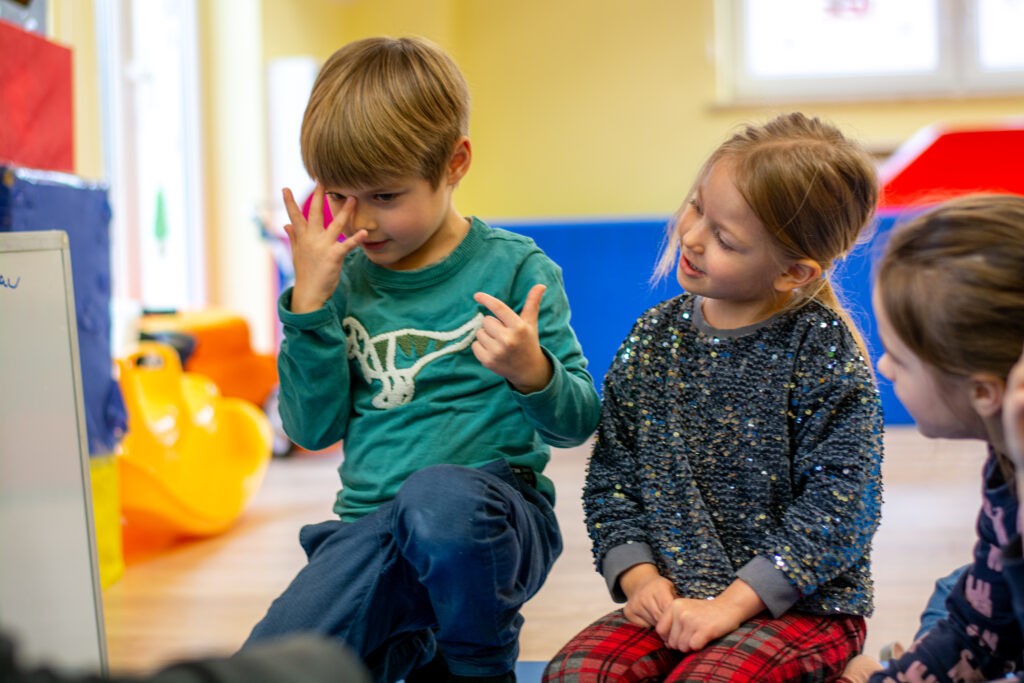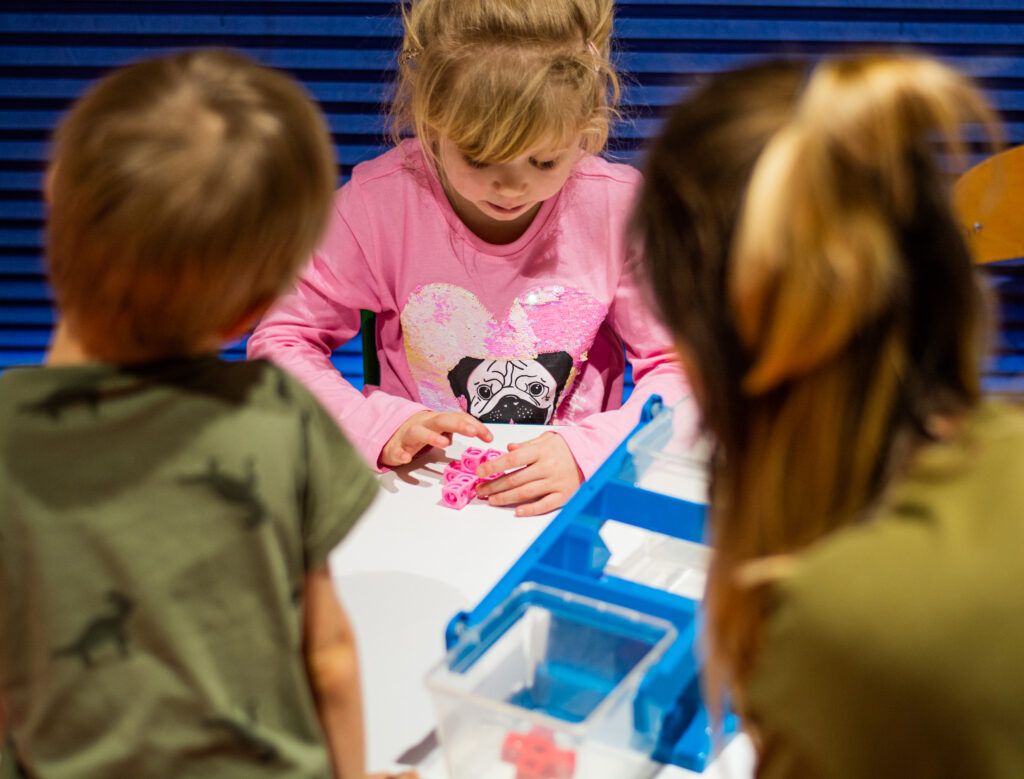



Learning is neurobiologically not a very complicated process, but it is so resistant to all sorts of factors that it is very easy to disrupt it. As a result, the effect is quite different from the one expected, and the child may simply lose the meaning of the previously learnt issues instead of absorbing new information or simply stop understanding them. It is therefore essential that teaching is deliberate and planned. How to teach effectively? What should you avoid?

Learning itself is about consolidating changes in behaviour, occurring under the influence of experience. It is, from a neurobiological point of view, the strengthening of existing connections in the neural network, as well as the creation of new ones. Here it is worth mentioning that the most effective way for the brain to acquire new information is through unconscious learning. It is therefore not effective, for example, to learn by heart, which is often the case at school and even as early as kindergarten. The key to effective learning is understanding the present problem.
The learning process itself is quite universal, for both adults and children. However, the older we get, the harder it is to produce these new neural connections. The young mind is receptive and eager to absorb new information. However, there are factors that make learning come more easily and effectively. First of all, children learn when they want to. When they feel the need to know something, to understand something, the learning process happens almost involuntarily. Another important factor is comfort and safety when learning. If this is not ensured, stress hormones will be produced in the body, which can significantly disrupt the whole process. Consequently, we must ensure that the child’s basic needs are met. The child must be rested and properly nourished so that the cognitive apparatus functions as it should. It is also very important to allow the child the freedom to experience and make mistakes. Working in a group is also very effective for the learning process. It is best to work in a relatively small group, but one that allows observation of each other.
